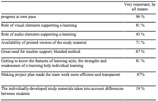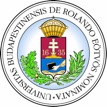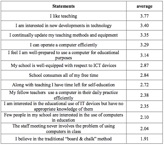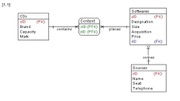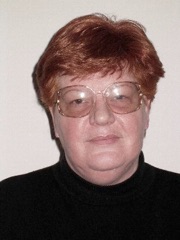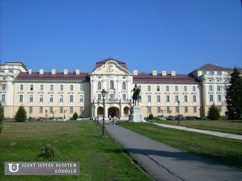Improving problem solving skills, preparing for solving non-routine tasks, working in projects and keeping up with permanently changing requirements, are expectations that higher education students can fulfill if they know their learning strengths and weaknesses and the strategies that are the most effective for their own learning processes. An important factor for developing quality multimedia materials is that future developers should know the learning preferences and applicable strategies of potential students in details and should also be able to look critically on the products developed by others and to the added value of their own and others contributions.
In this paper we worked out a project strategy and a web-based collaborative teaching/learning methodology for students taking the course „Designing multimedia materials” at ELTE University, based on: (a) generating student profile, (b) online knowledge building and (c) evaluation methods. Applied methodology integrates the e-learning preferences of learning style dimensions and takes into consideration the students’ expectations. Knowledge building was realized by means of the online learning environment. Developing critical thinking and monitoring own learning progress was carried out by self-evaluation and peer-evaluation of own products and those created by others. To identify learning styles we used the most widely accepted models.










